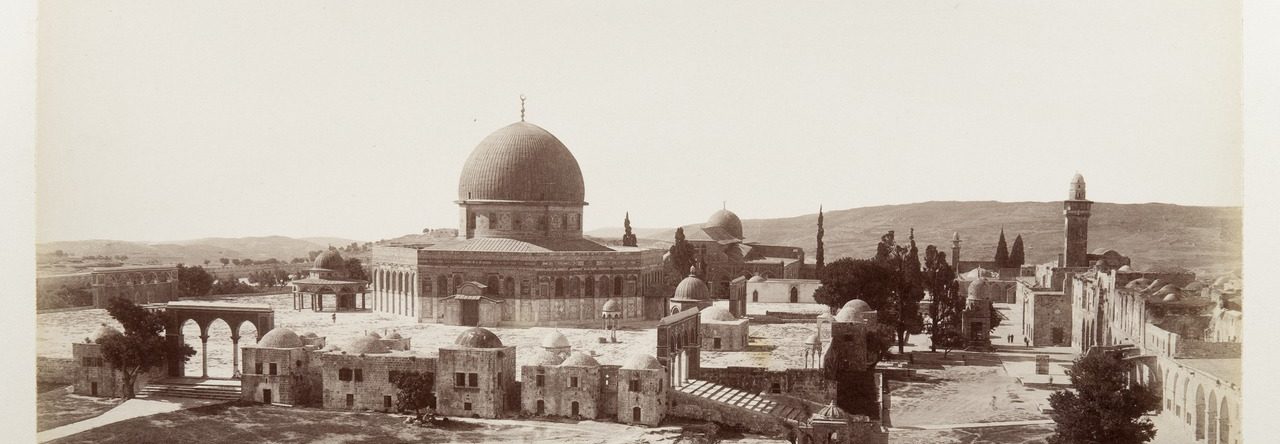You remember Joseph Massad (how could you not?), the assistant professor who’s been at the heart of Columbia’s Middle Eastern studies scandal. Last spring, a university panel investigated allegations that he intimidated a student over her politics. Massad denied it, but the panel found the student credible, and a cloud hangs over his tenure prospects.
Massad is one of Edward Said’s less successful clones. Once, on a flight, I ended up watching a film called Multiplicity. It’s a light comedy about a man who can’t meet all his responsibilities at work and home, so he allows a mad geneticist to clone him twice. Alas, each clone is a bit like a photocopy–distorted and not quite up to the original. Then one of the clones has himself cloned, producing a total idiot. Massad’s doings, writings, and posturings are like an Edward Said gone really bad. So bad, in fact, that while Said achieved Columbia’s highest rank, of University Professor, Massad strikes me as falling far below the minimal requirements for tenure.
But the Middle East Studies Association (MESA) has a stake in Massad. Why? Beyond fealty to Said and collegial solidarity, MESA once gave Massad its award for outstanding doctoral dissertation. Not a single MESA-acclaimed dissertation has made for a lasting and influential book, and Massad’s was no exception. The resulting tome, soaked in the impenetrable prose of postcolonial theory, isn’t on anyone’s must-read list. But MESA’s reputation is now invested in Massad, as he himself emphasized in his response to the findings of Columbia’s panel:
An attack on my scholarship therefore is not only an attack on me and on MEALAC [his department at Columbia] but on Columbia’s political science department [which graduated him], on prestigious academic presses, including Columbia University Press [which published his thesis], and on the Middle East Studies Association (MESA), an opinion expressed by Martin Kramer who also condemns Middle East Studies at Columbia and MESA itself.
Massad couldn’t be more right. All those who have accredited, acclaimed, and published him have scraped bottom, and that applies especially to Columbia University and MESA.
Columbia may redeem itself yet, by spitting him out. But MESA, it’s now clear, is digging itself an even deeper hole. Without fanfare, it has just added Massad to the editorial board of its flagship journal, the International Journal of Middle East Studies. That is, it has anointed him formally as an arbiter of quality in scholarship. This effectively destroys whatever credibility the journal still had (after the damage it sustained under the editorship of Juan Cole). Even if this appointment is a mere honorific, Massad’s name on the masthead brings disrepute.
But the mandarins of MESA have gone further. Each fall, MESA’s rank-and-file elect a new president and two members of its six-member board of directors. A nominating committee selects the candidates. Lo and behold, among this year’s candidates for the board is Joseph Massad. He’s a mere assistant professor, with only one book (two more are said to be forthcoming), but he’s being offered to MESA’s members for possible selection as one of the pillars of the field.
Personally, I wish Massad luck in the race. I endorse him. His victory would make the efforts of critics like me even easier. (And I thought it would be hard to surpass Juan Cole’s election last year as MESA’s president. That shows how little I know.) The MESA elections run through October 28. As we get closer to that date, I’ll make my prediction.
Oh, and yes, I’ve also noticed that Zachary Lockman of New York University and Mark Tessler of Michigan are the two candidates for the presidency of MESA. I’ve written about Lockman, and he’s written about me. I intend to come back to that race later in the fall.
Disappointment: Massad’s long-awaited book, The Persistence of the Palestinian Question, has been announced by its publisher, Routledge, and I’m disappointed. It’s just a collected volume of his essays. “The essays, which have been previously published in a variety of academic journals, are brought together with a new introduction and conclusion.” So this won’t be an integrated sequel to Said’s famous Question of Palestine. Like I said: the clone’s never up to the original.
